Photoelastic Demonstration
Categories: Lab EquipmentPhotoelastic Demonstration Technical Description: Photoelasticity can be used to demonstrate distribution of stress and stress concentrations in component models. Using polarised light, the distribut...
Product
Description
Photoelastic Demonstration
Technical Description:
Photoelasticity can be used to demonstrate distribution of stress and stress concentrations in component models. Using polarised light, the distribution of stress in flat, transparent bodies (plastic models) is investigated. Polarisation filters represent the distribution of stress in colours. The notching and point loading and the criteria dictating component design are clearly visualised. This is portable to use with overhead projectors. Various models made of transparent plastic are mounted in a frame. A load application device is used to apply compressive or tensile loads to the model under investigation by means of a spindle. An arrangement of polarisation filters and quarter wave filters generates optionally plane or circular polarised light. A green filter is supplied as part of the package to generate monochromatic light. The light source is an overhead projector. The use of monochromatic light produces a system of dark and light stripes providing indications of the distribution and magnitude of mechanical stresses. The supplied models represent typical examples, permitting experimentation in relation to notching and point loading. The distribution of stress shown in the model is identical to that in the actual part under design. Additional models are also available to represent distribution of stresses in bolted connections, roller bearings, wrenches and tooth profiles.All the component elements of the experiment are clearly laid-out and housed securely in a box. The well-structured instructional material sets out the fundamentals and provides a step-by-step guide through the experiments.
Specification:
1. Photoelastic experiments with an overhead polariscope 2. Polariser and analyser each comprising a polarisation filter and quarter wave filter 3. Filter enclosed, with stress-free glazing 4. All filters rotatable in any direction on the horizontal plane 5. Plane or circular polarised light possible 6. Green filter for monochromatic light 7. Load application device with force gauge for compressive and tensile loading 8. 8 different polycarbonate (PC) models supplied 9. Box to house the componentsTechnical Data:
Filter holder
- 2 filter, enclosed in glass, each comprising - 1 polarisation filter, diameter: d=165mm - 1 quarter wave filter, diameter: d=165mm - 1 green filter, diameter: d=150mm
Load application device with force gauge
- load force: 0...250N 8 models, PC - bar without notches - bar with hole - bar notched on one side - bar notched on both sides - rectangle without cut-outs - rectangle with cut-outs - fork - crane hook
quick overview :
Photoelastic Demonstration
Technical Description:
Photoelasticity can be used to demonstrate distribution of stress and stress concentrations in component models. Using polarised light, the distribution of stress in flat, transparent bodies (plastic models) is investigated. Polarisation filters represent the distribution of stress in colours. The notching and point loading and the criteria dictating component design are clearly visualised. This is portable to use with overhead projectors. Various models made of transparent plastic are mounted in a frame. A load application device is used to apply compressive or tensile loads to the model under investigation by means of a spindle. An arrangement of polarisation filters and quarter wave filters generates optionally plane or circular polarised light. A green filter is supplied as part of the package to generate monochromatic light. The light source is an overhead projector. The use of monochromatic light produces a system of dark and light stripes providing indications of the distribution and magnitude of mechanical stresses. The supplied models represent typical examples, permitting experimentation in relation to notching and point loading. The distribution of stress shown in the model is identical to that in the actual part under design. Additional models are also available to represent distribution of stresses in bolted connections, roller bearings, wrenches and tooth profiles.All the component elements of the experiment are clearly laid-out and housed securely in a box. The well-structured instructional material sets out the fundamentals and provides a step-by-step guide through the experiments.
Specification:
1. Photoelastic experiments with an overhead polariscope 2. Polariser and analyser each comprising a polarisation filter and quarter wave filter 3. Filter enclosed, with stress-free glazing 4. All filters rotatable in any direction on the horizontal plane 5. Plane or circular polarised light possible 6. Green filter for monochromatic light 7. Load application device with force gauge for compressive and tensile loading 8. 8 different polycarbonate (PC) models supplied 9. Box to house the componentsTechnical Data:
Filter holder
- 2 filter, enclosed in glass, each comprising - 1 polarisation filter, diameter: d=165mm - 1 quarter wave filter, diameter: d=165mm - 1 green filter, diameter: d=150mm
Load application device with force gauge
- load force: 0...250N 8 models, PC - bar without notches - bar with hole - bar notched on one side - bar notched on both sides - rectangle without cut-outs - rectangle with cut-outs - fork - crane hook
Product
Reviews
add Review
reviews
No Review Yet.

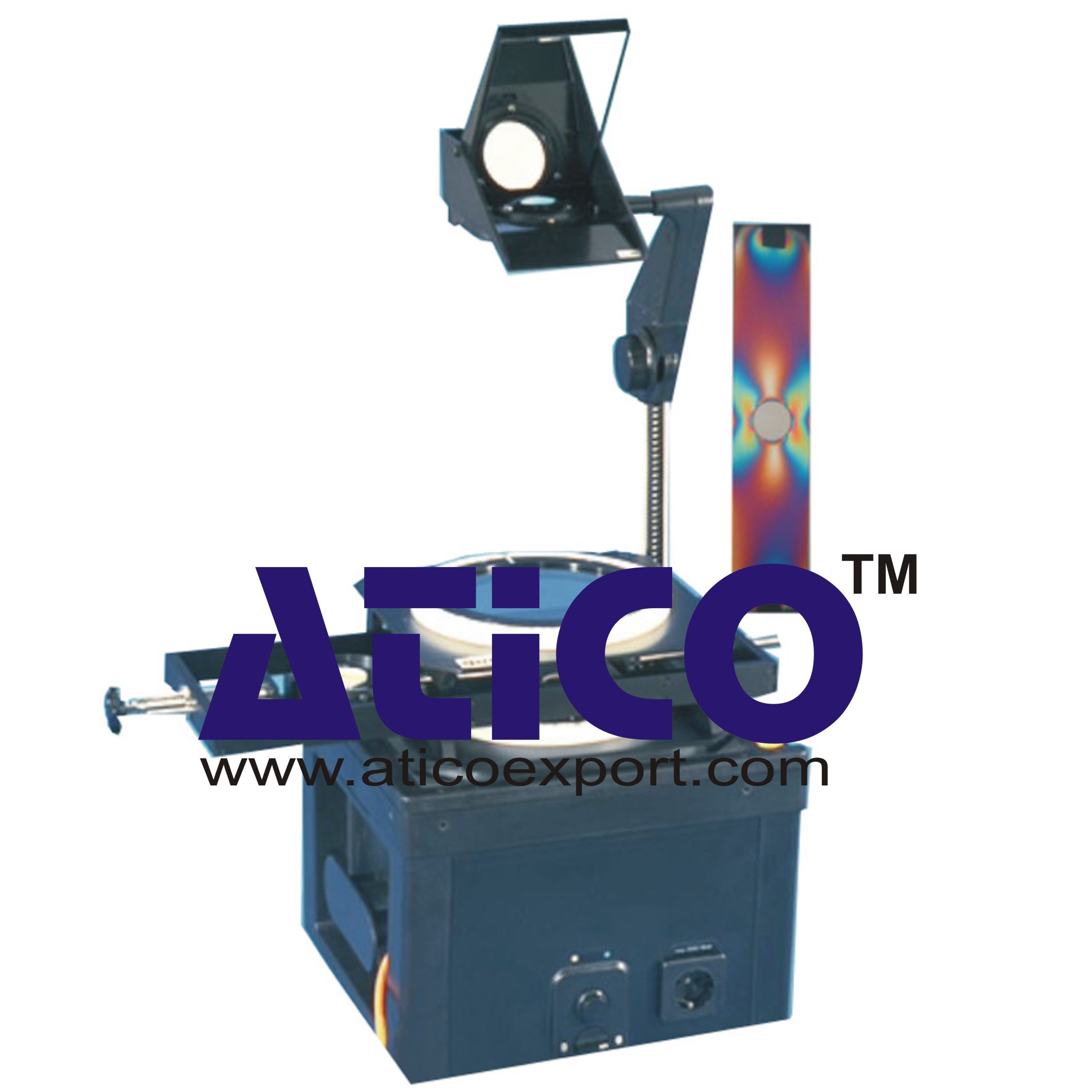




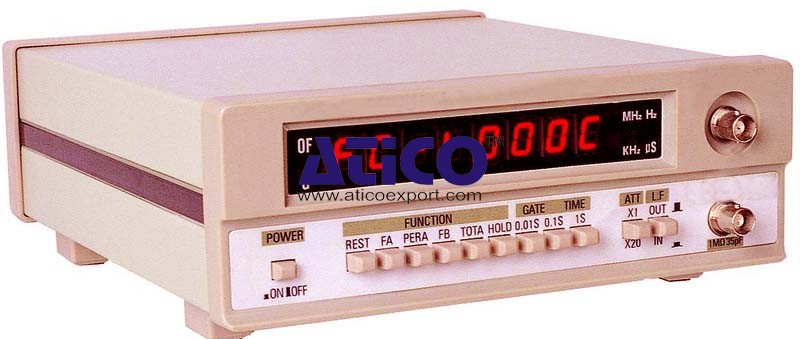
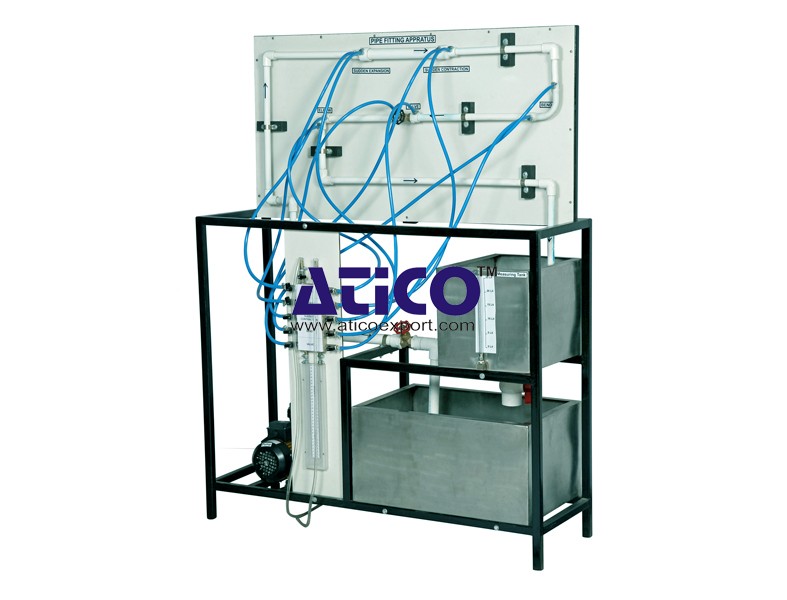
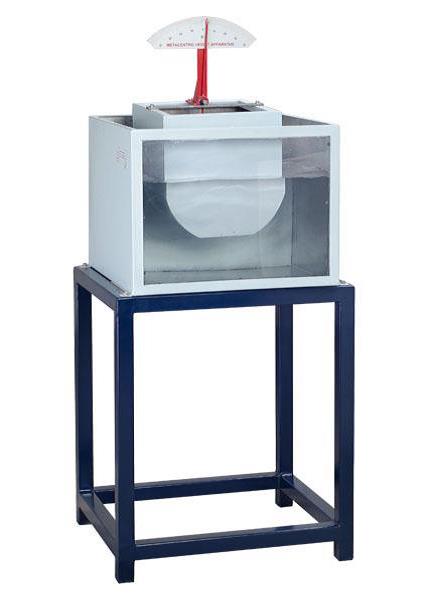
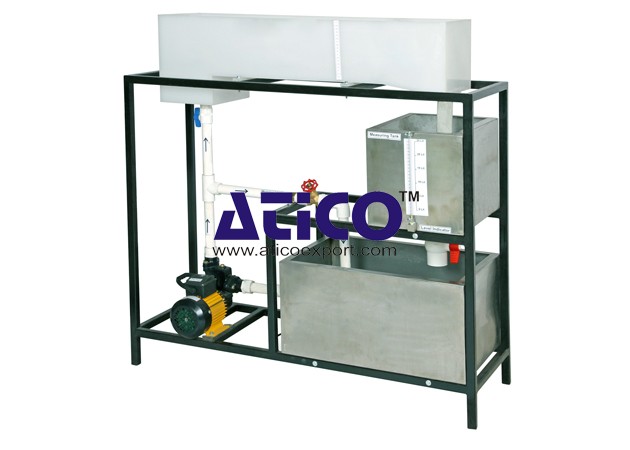
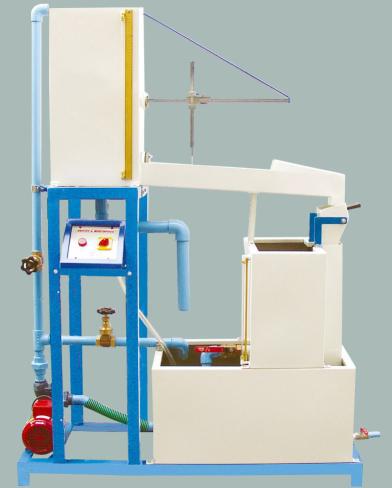
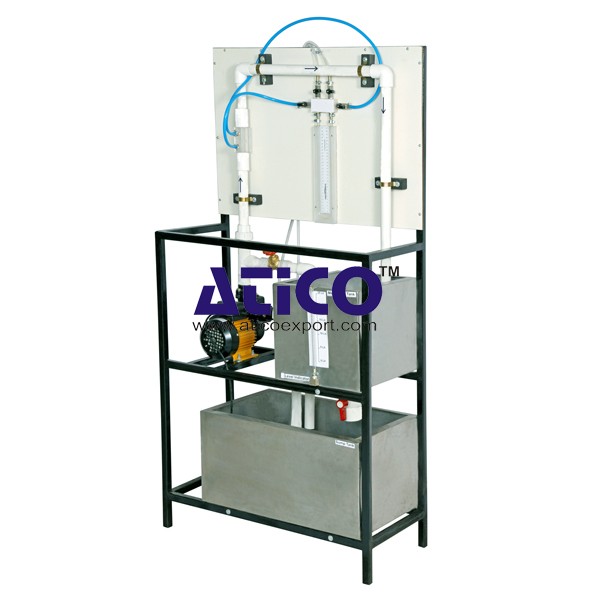
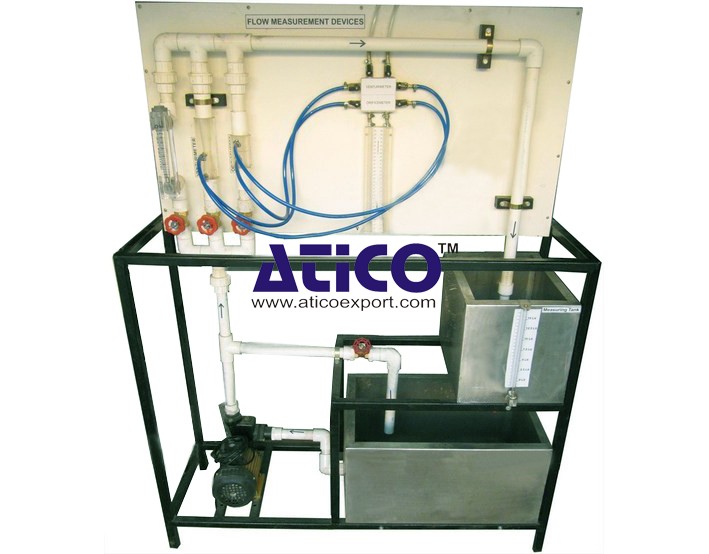
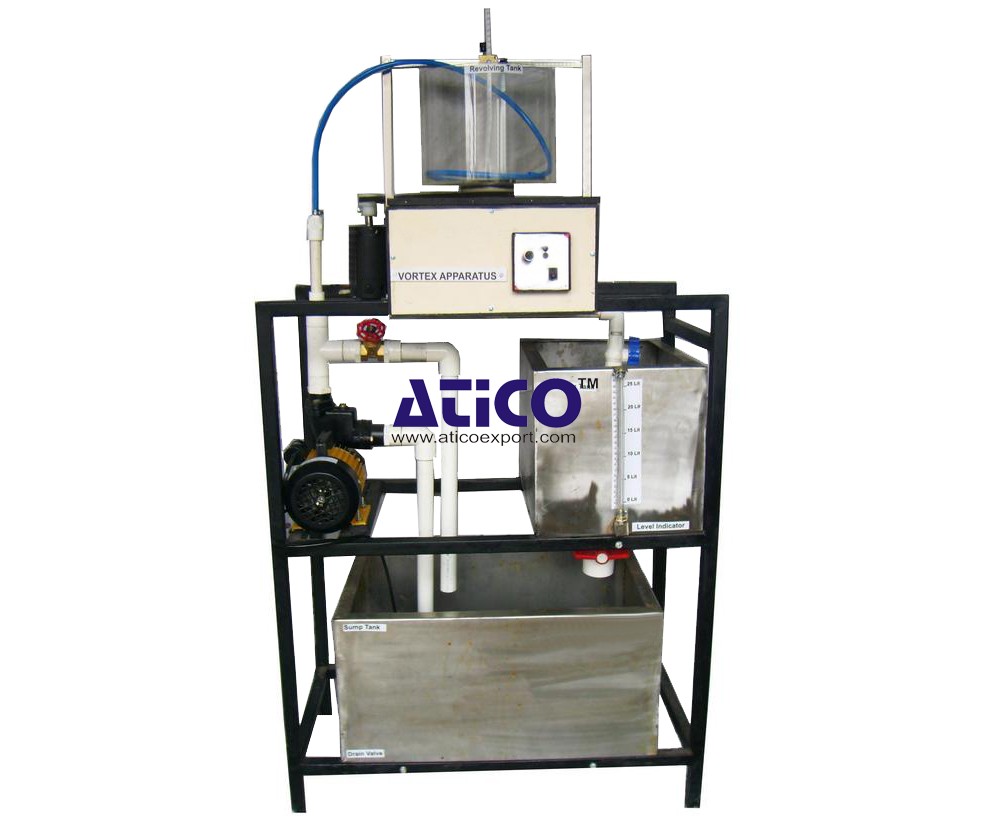

Product
Reviews
add Review
reviews
No Review Yet.